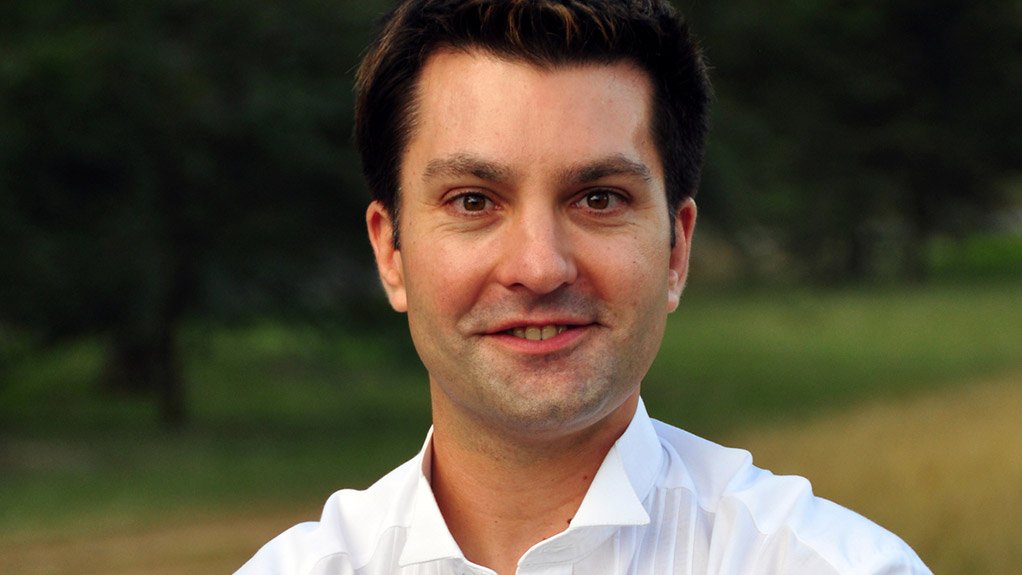Renewable-energy company Ubuntu Energy Solutions MD Jonathan de Magalhães says very few companies rethink their energy strategy, despite most businesses struggling with escalating electricity costs and intermittent power outages.
He believes that companies that lack a definite plan that prescribes methods to reduce their energy consumption remain reactive to the energy crisis. He points out that “companies should be implementing measures that will save them money and allow them to remain profitable”, adding that “only [bigger] businesses can continue to pay the bills while losing profits – the rest will eventually have to close their doors”.
Thus, businesses are compelled to build a better “energy wheel”, deciding on their energy needs and what needs to be done to meet those needs, while taking costs into account.
De Magalhães says that most companies realise that they do not have the necessary expertise to address this problem in-house and begin consulting with an energy adviser.
He warns that many advisers may simply introduce their energy saving products and boast about how much companies save after buying their product, instead of getting to know the company, analysing the company’s energy use and costs, before supplying a detailed cost payback analysis of which energy solutions should be implemented for the quickest return on investment.
He advises that companies research their energy adviser’s qualifications, and ascertain their knowledge of multiple energy sources, reference sites and sample reports. However, the most important aspect that companies must clarify is whether the adviser will act in the company’s best interest and is not there to “sell [companies] something”.
“Not all energy solutions are right for all businesses, and your trusted energy adviser must be able to identify the correct solutions, as well as show you why other solutions are not [a better fit], and also what the calculated payback calculations are for investing in certain energy solutions,” De Magalhães explains.
The energy adviser must understand the nature of the business, and the primary goal is to ensure the business operates using less energy, without jeopardising critical business applications, and increases the overall profit margin.
Therefore, a complete energy solution could include a combination of energy efficiency solutions, renewable or alternative power generation, peak demand management and improved operations management.
De Magalhães concludes that new energy strategies are valuable assets to any business in any industry, so companies should not be afraid to invest in a professional company whose primary focus is to help them reduce their operating costs.
Edited by: Zandile Mavuso
Creamer Media Senior Deputy Editor: Features
EMAIL THIS ARTICLE SAVE THIS ARTICLE
To subscribe email subscriptions@creamermedia.co.za or click here
To advertise email advertising@creamermedia.co.za or click here













